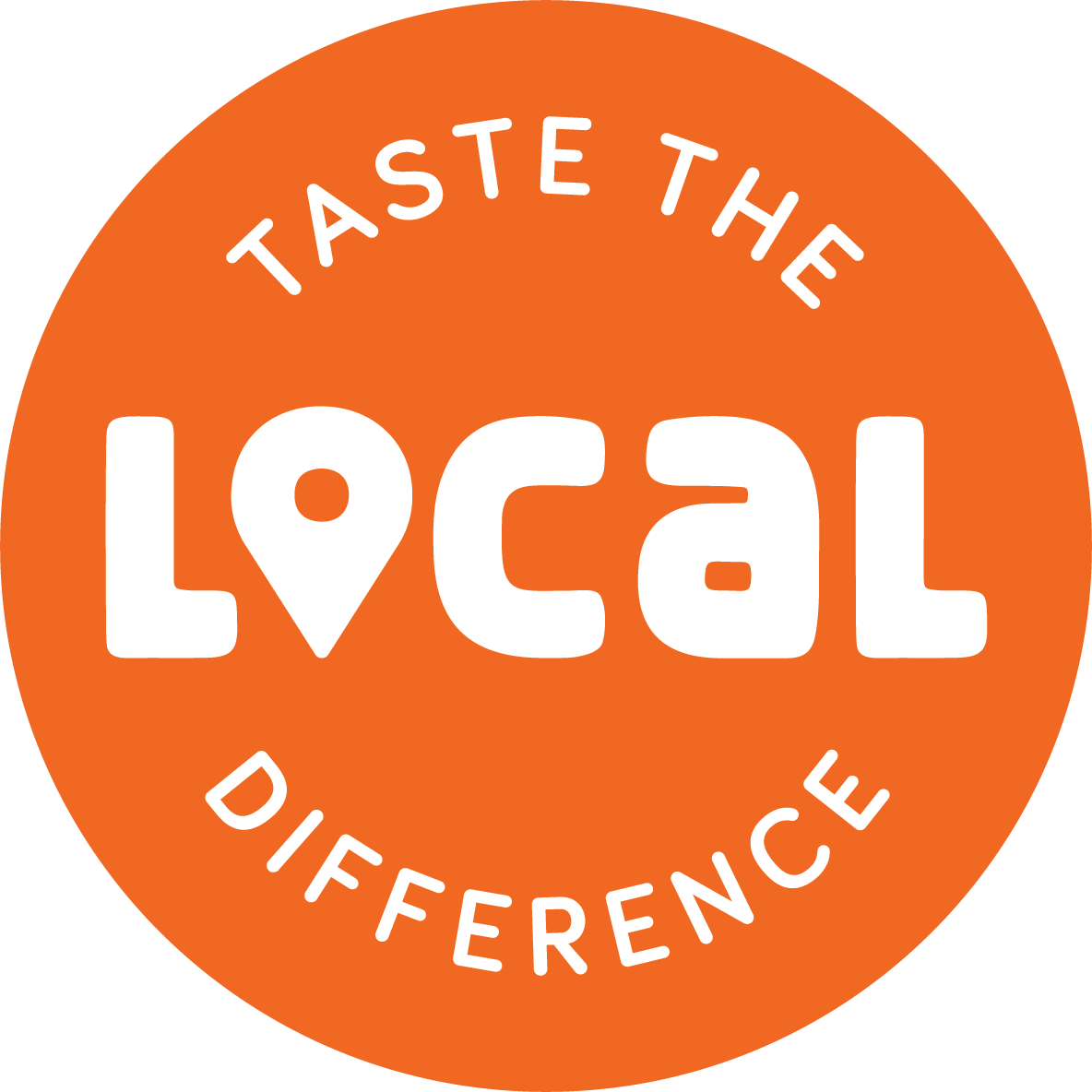This story was originally published in the ‘2022 Local Food Guide for Michigan’
When Joan Nelson, co-founder of the Allen Neighborhood Center (ANC), speaks of Lansing’s Eastside, she speaks about the community with conviction, affection, and personal responsibility.
“We are an intensely placebased organization, and our place is Lansing’s Eastside or the Northeast quadrant of the capital city,” Nelson says.
As the Executive Director of ANC, a 501(c)(3) nonprofit, Nelson and her team initiated a lengthy list of programs that support the health and food security of the neighborhood. They boast a yearround farmers market, food pantry, greenhouse, 30-farm CSA (including a subsidized veggie box program), educational gardening programs, and six multifunctional, industrial kitchens. In partnership with the Lansing Board of Water and Light, ANC will also have a solar micro-grid with solar roof panels, carports, and picnic tables.
With a recent 36,000 square-foot development that built space for 21 mixed-income apartments, a food cooperative, and a federally-qualified health center operated by Ingham Health Centers, ANC has advanced beyond a food hub and has transformed into a holistic poverty-solutions model.
“We describe our project as being at the intersection of health, food, housing, and energy innovation,” Nelson says. “And we think that’s a pretty impactful combination.”

Even as ANC’s physical structure grows, its mission has remained constant: respond to the active and imminent health needs of the community. ANC conducts annual “front porch conversations,” where ANC volunteers and staff engage residents in conversations about the state of the neighborhood. From these discussions, tangible change occurs.
In fact, after a question from her community, ANC’s Farmers Market Manager worked with the Federal Food and Nutrition Service to develop the EBT token system that many markets use today. Allen Farmers Market became the first farmers market in Michigan to accept EBT/SNAP in 2005.
“The truth of the matter is, we didn’t set out to break new ground,” Nelson says. “We really just fell into it. We’re simply accustomed to following up on neighbors’ requests.”
Another project that materialized because of ANC’s community listening structures is the Hunter Park Project which established a greenhouse, paved walkable paths, and an acre of parkland for growing food in a previously under-utilized park. One half-acre of the cultivated area is a free-to-all, you-pick garden with public fruit tree access. Additionally, the GardenHouse provides frequent in-person and virtual workshops to promote food sovereignty through gardening education. Nelson says, “We realized that real food security would require that we not only grow food in the neighborhood, but that we also teach neighbors how to grow food in the clay soil and the shady lots of the Eastside.”
Allen Neighborhood Center is more than a physical place; it’s a commitment to the community. While Nelson is eager to see the nonprofit’s new developments, she and her team remain determined to meet the goals ANC set out to accomplish since 1999.

Catherine Nouhan is a contributor to the Local Food Guide.
